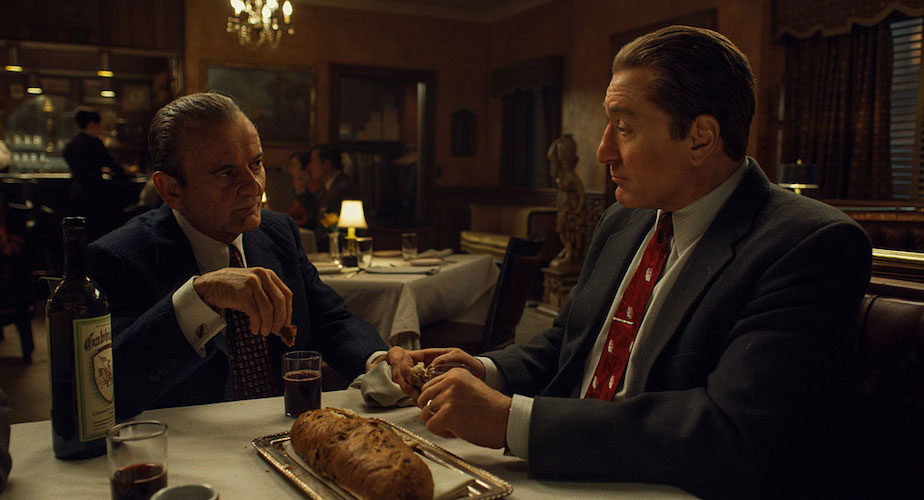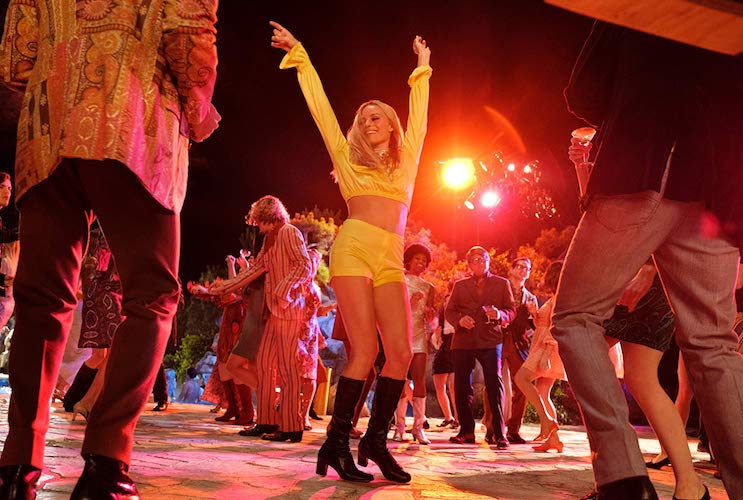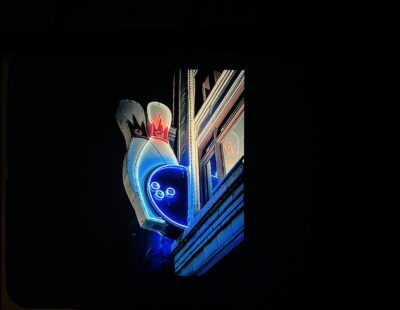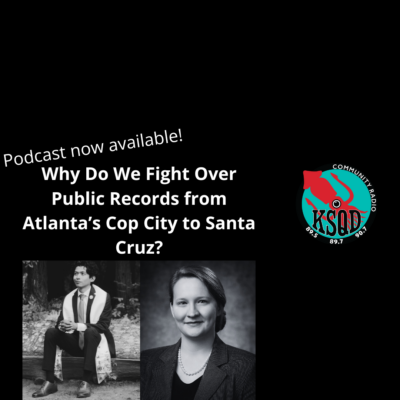
Martin Scorsese has directed comedies, biopics, documentaries, period pieces – even a musical. However, the one genre Scorsese is going to be forever associated with is the crime drama, in no small part thanks to the indelible performances of Robert De Niro and Joe Pesci in 1990’s Goodfellas and 1995’s Casino. For his latest film, The Irishman, Scorsese put his old band back together again. Thanks to Netflix, and approximately one hundred and sixty million dollars of their money, Scorsese was able to craft a three and a half hour epic without the usual box office concerns of profitability or runtime. The result is a masterwork of cinema.
The Irishman is the story of real-life Teamster leader and mafia hitman, Frank Sheeran, brought to life with a grim and emotionally repressed portrayal by Robert De Niro. The film’s opening is classic Scorsese, a long tracking shot accompanied by the sounds of “In the Still of the Night,” a golden oldie from 1956. But it’s the early 2000’s, and the camera is winding its way through a retirement home, not The Copacabana. It eventually settles on Frank, in his early 80s, sitting in a wheelchair talking to himself, or us, or perhaps his god. Frank is narrating his exploits, beginning with a 1975 road trip with his friend and Pennsylvania Mafia boss, Russell Bufalino, played with serpentine menace by Joe Pesci. They’re making their way to a wedding while picking up jewelry store pay-offs along the way. Flashbacks within flashbacks reveal how the two first met, became friends, and, by extension, how Frank got involved with the Mafia and Jimmy Hoffa.
Perhaps to accommodate the digital de-aging technology used to shave decades off faces, Scorsese’s camera is more stationary than usual, but the less vigorous camerawork fits the somber subject matter; a character study of a particular breed of man shaped by his combat experience in World War II and instilled with an amoral loyalty that makes him a dream recruit for the mafia. It’s precisely because of Frank’s good-soldier loyalty that he becomes Jimmy Hoffa’s bodyguard and close friend. But loyalty can’t exist without betrayal, and Scorsese explores that dichotomy with surprising empathy. When Hoffa refuses to accommodate the will of the mafia, he triggers a Steinbeckian tragedy on par with Of Mice and Men.
As Frank explains in voiceover, next to the President, Hoffa was the most powerful person in America; from the late 50s to the early 70s, everybody knew his name. That’s because Hoffa, played to perfection by Scorsese first-timer Al Pacino, controlled the Teamsters, the Teamsters controlled trucking, and trucks delivered everything the country needed to survive. By emphasizing the magnitude of Hoffa’s former stature, contrasted with a young nurse back at the retirement home who never heard of him, The Irishman also becomes an elegiac rumination on the passing of time.
Those expecting another Goodfellas might be disappointed. Nevertheless, De Niro, Pesci and Pacino give performances equal to the best of their illustrious careers in a film packed full of memorable moments, and with onscreen chemistry as exciting as any gunplay. Regardless of the veracity of Frank’s story, The Irishman is a magnum opus of Americana and a cautionary tale of misplaced loyalty.
For KSQD’s Film Gang, This is Paul Kanieski










